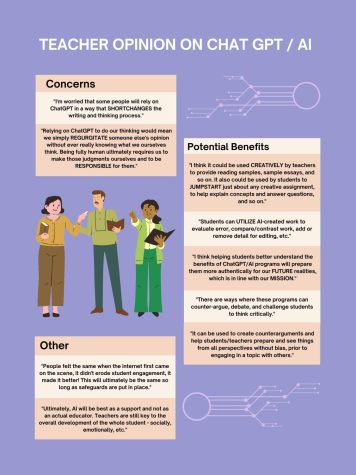The Power of Youth
March 11, 2019
America was built upon youth rebellion. In the late 1960’s, kids stood up. 18 year olds marched, rallied, and dissented in an attempt to shed light on the injustices of the Vietnam war. in 2018, as a response to the mass shooting at Majory Stonman Douglas high school, a group of teenagers organized and planned a national movement to shed light on the injustices of gun ownership. Youth lead counterculture is often associated with the “make love not war” movement of the 1960s. It was a highly publicized subculture of bohemian inspired peaceful rebellion in the midst of a deadly and painful war. At the time, Baby Boomers were the radical, senseless, know nothing kids that generation z is today. They were too young to know what was good for them. They were immature. They were old enough to fight in a war, but not old enough to command respect, or even vote. Tinker v. Des Moines Independent Community School District protected free speech and the ability for students to express themselves safely in public schools. Children are the life force
In 1899, a group of young boys and girls, many the children of immigrants, stood up for their right to safe and fair working conditions. This was long before child welfare practices, and kids were an easy target. The kids took it upon themselves to start up a union, and band together. The Newsboys Union assembled a rally, and hung signs around the city. Though they were little, they were fierce. Their story was an inspiration to kids everywhere who followed suit and left a legacy of power on generations to come.
With the rise of social media, the ability to grow and share messages of empowerment and solidarity has become the heart beat of youth lead social movements. The power of technology coupled with our first amendment protection of free speech gives a platform to historically marginalized youth who have a story to tell.
America is not alone in its quest for youth empowerment, but it is certainly unique in its intrinsic basis of youth power. More than a dozen of the men that we consider to be our greatest “founding fathers” were under 35 in 1776. Rebellion is good for democracy, and youth is good for rebellion
There is power in youth; in the unfettered promise of the future. Our democracy is dependent upon kids. It is reliant on our ability to express our beliefs, to be valued as deserving contributors to the world, and to tell our stories. We are vulnerable, but that is our power. We are resilient, energetic, and organized.







